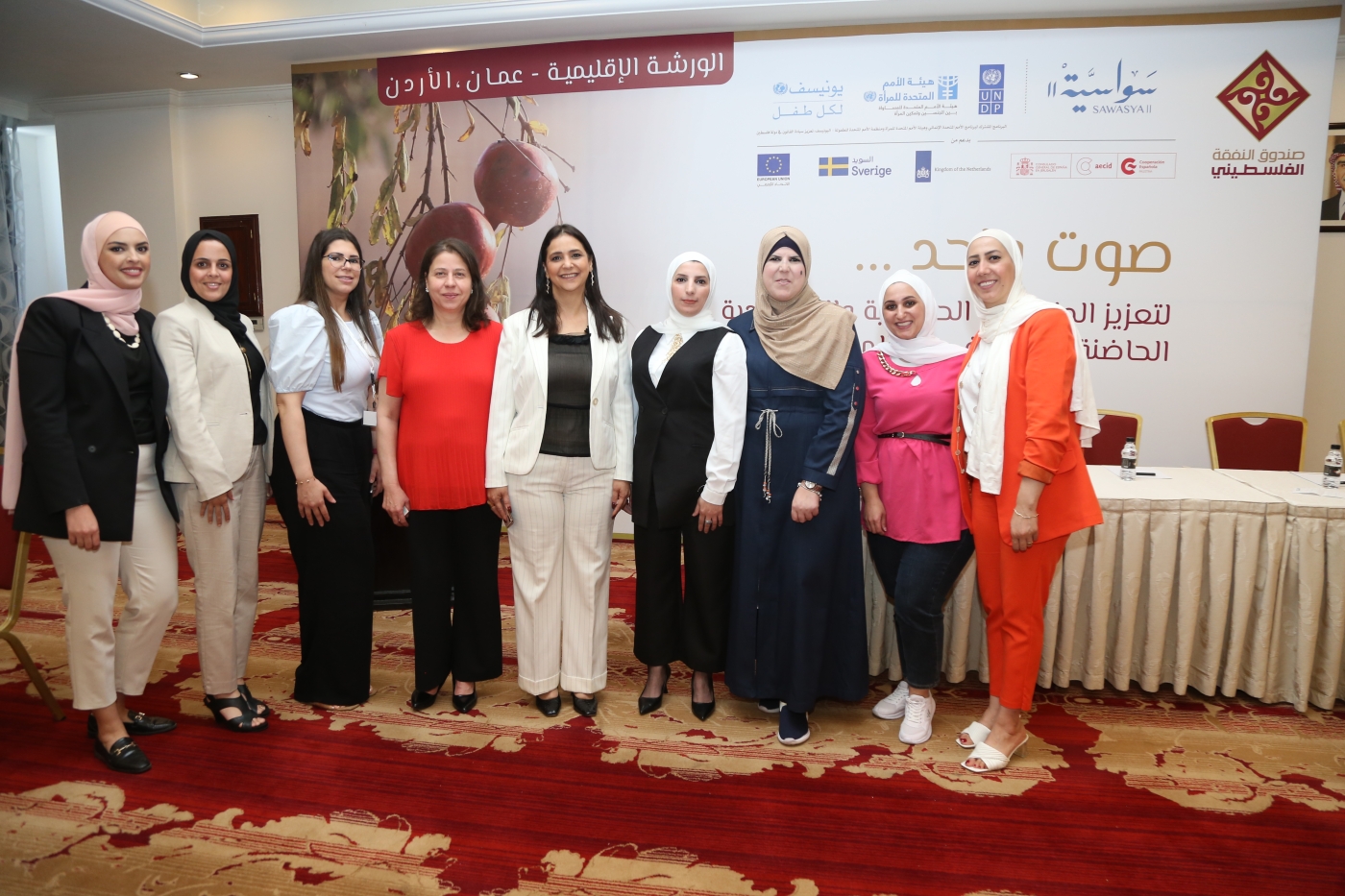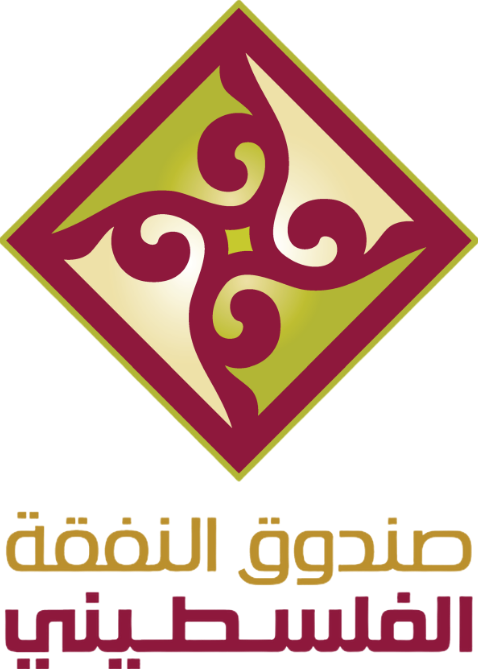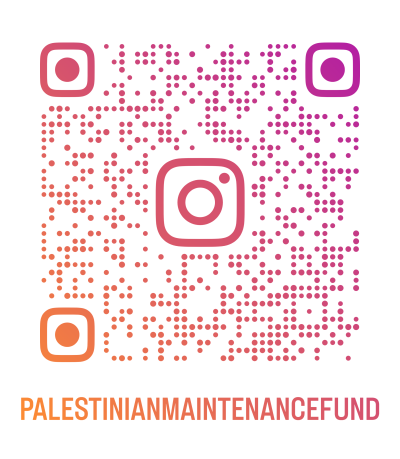One Voice... Toward Strengthening the Legal and Economic Frameworks Supporting Women in the Arab World

Protection That Thrives… Empowerment That Yields
Regional Conference Advances Legal and Economic Systems Supporting Women Across the Arab World
As part of its commitment to advancing women's rights and social justice, the Palestinian Maintenance Fund (PMF) organized a regional workshop in Amman, Jordan, under the title “One Voice”, aiming to strengthen the legal and economic frameworks that support women across the Arab world. The event marked its official opening with welcoming remarks delivered to an audience of 40 participants, including legal practitioners, human rights defenders, and experts in access to justice from the Maghreb, Levant, and Gulf regions.
The workshop served as a dynamic platform for exchanging national experiences and best practices on women's access to justice in personal status matters—particularly maintenance—and for exploring the strengths and gaps in legislative frameworks related to legal aid in family law, including the conditions and standards for providing such aid.
In her opening remarks, Ms. Fatima Al-Mu’aqqit, Director General of the Palestinian Maintenance Fund, welcomed participants and emphasized the importance of this workshop as a rare and valuable opportunity for in-depth, reflective, and collaborative dialogue. Despite variations in mechanisms and approaches, she highlighted the collective power of speaking with one voice, and the potential of the workshop to enhance existing partnerships and lay the groundwork for joint action plans that contribute to building inclusive legal and economic systems that uphold the rights of women in the Arab world.
Throughout the sessions, participants shared experiences on the implementation of maintenance systems across different regions:
Maghreb Region:
In Tunisia, Law No. 65 of 1993 established a maintenance guarantee fund, administered by the National Social Security Fund, to pay court-ordered maintenance for divorced women and their children.
In Morocco, Law No. 41.10, aligned with the 2004 Family Code, created a Family Solidarity Fund to provide similar support.
Levant Region:
In Egypt, Law No. 11 of 2004 established the Family Insurance System Fund under the administration of Nasser Social Bank, with a legal personality and independent budget.
In Palestine, Law No. 6 of 2005 established the Palestinian Maintenance Fund as a financially and administratively independent public institution grounded in human rights. It aims to uphold the rights of marginalized groups—particularly women, children, the elderly, and persons unable to earn an income—by holding those evading maintenance orders accountable and recovering funds deemed public with privileged legal status.
In Jordan, the first office of the Maintenance Loan Fund was opened in Amman in 2017 under Law No. 36 of 2010, with Regulation No. 48 of 2015 defining its operation, following the country’s Personal Status Law.
Gulf Region:
In Bahrain, Law No. 34 of 2005 established the Maintenance Fund, which has since undergone key amendments—including extending eligibility to children of Bahraini women married to non-citizens.
In Saudi Arabia, the Council of Ministers approved the formation of a Maintenance Fund under the Ministry of Justice, tasked with disbursing both temporary and final court-ordered maintenance. The Fund has legal personality and an independent budget.
In Qatar, the Maintenance Fund was introduced during the 2017 Family Policy Forum to ensure timely and regular payments of maintenance, covering basic needs such as rent, education, and living expenses.
In Kuwait, French civil law influences the legal system, but Islamic Sharia governs family matters including maintenance, custody, and guardianship.
In the United Arab Emirates, the state guarantees legal aid for women, assigning lawyers at public expense, and enforcing court-ordered maintenance through salary deductions. In cases of non-payment, temporary support is provided through a national Zakat Fund.
The workshop concluded with a wide array of impactful ideas, perspectives, and critical analyses that will undoubtedly shape future strategies for strengthening the legal and economic standing of women, children, and the elderly in Arab societies. The event affirmed the collective Arab commitment to unified action, shared purpose, and transforming aspirations into tangible, development-driven realities across the region.







